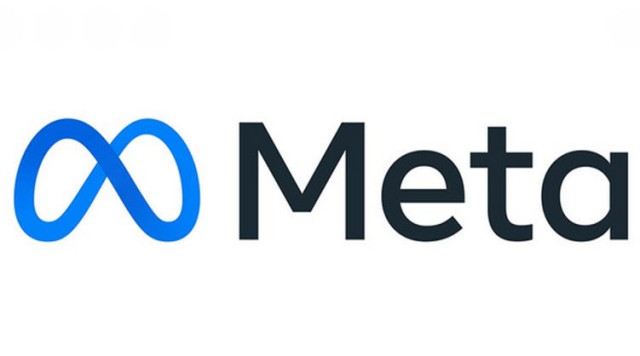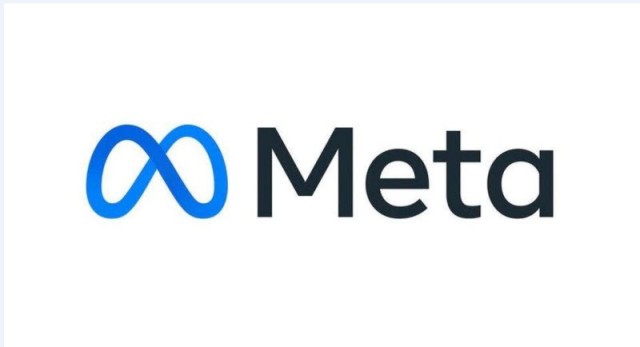Meta lost $2.81 billion on revenue of $452 million from its virtual reality division, Reality Labs, during the quarter ending June 2022, as it forecast revenue declines for the second consecutive quarter.
According to Arab Net, this large amount indicates that the company's CEO, Mark Zuckerberg, and Meta, continue to spend heavily to convert the social media giant to developing virtual reality and augmented reality products, or so-called metaverses.
Although it was a significant capital expenditure, it was affordable for a company that generated $8.36 billion in operating income on $28.82 billion in gross sales during the quarter.
It looks like we've entered a recession that will have a broad impact on the digital advertising business, Zuckerberg said on the earnings call. The situation looks worse than it was a quarter ago.
The company's advertising sales efforts face a number of obstacles, as marketers spend less due to various economic pressures, leaving Meta and its peers to compete for the entry of smaller individuals.
Apple's privacy rules have also made ads on Facebook and Instagram less effective.
Meanwhile, in an effort to compete with TikTok, social networks have shown users more short videos called Reels, a format that advertisers are still comfortable with, but doesn't make much money from the attention.
On Wednesday, Meta said in a statement that third-quarter revenue will range between $26 billion and $28.5 billion, below analysts' estimates of $30.3 billion.
Zuckerberg and other Meta leaders believe that the virtual and augmented reality headset will be the main next-generation computing platform, according to CNBC and seen by Al Arabiya.net.
Meta's Quest 2 is currently the most popular VR headset on the market, although the overall market is still small.
Meta said earlier this week that it will raise the price from $299 to $399.
Meta also plans to release more advanced glasses later this year that will use the cameras on the front of the device to pass the real world to the user inside the headset.
Meta has also spent acquiring VR companies and startups developing core headset technologies.
But the Federal Trade Commission sued them on Wednesday to prevent it from buying popular VR app maker Supernatural, suggesting that any future acquisitions will face significant regulatory scrutiny.










































